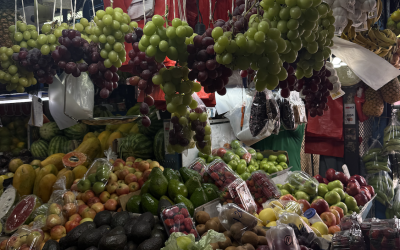The Education and Psychology in Costa Rica program combines Spanish language learning, academic coursework, and an internship. Over the course of three modules (each three weeks long), you’ll build a strong cultural foundation and gain real-world experience in education or social services, all while living with a local host family.
Module I: Spanish Language and Cultural Immersion
Your program begins with a focus on cultural immersion and language development. You’ll move in with your host family (all meals provided) and take one Spanish course (5 credits) at your appropriate level—Beginner Spanish (100 level), Intermediate Spanish (200 level), or History & Culture of Costa Rica (300 level). Whether you’re a complete beginner or already have a background in Spanish, this module is designed to prepare you for your coursework and internship.
Module II: Educational Psychology and Part-Time Internship
In the second module, you’ll begin your internship while also taking Educational Psychology (4 credits, taught in English). Classes are held in the afternoons so that you can spend your mornings at your internship site. Internship options include teaching English in local elementary schools or working with nonprofits/NGOs in the social services sector. You’ll be placed at one site that aligns with your interests and past experience, allowing you to develop deeper relationships and skills as you continue your internship into the next module.
Module III: Full-Time Internship
The final three weeks are fully dedicated to your internship. You’ll work full-time alongside local professionals in your chosen setting—whether in education or social services—applying the concepts you’ve learned in class and gaining practical, hands-on experience that will strengthen your understanding of cross-cultural education and psychology.
Additional Program Highlights:
• Two weekend excursions and several day-long trips to locations such as Ark Herb Farm, Manuel Antonio National Park, and Arenal Volcano.
• Cultural activities like traditional Costa Rican cooking and dance classes, as well as guided city tours.



